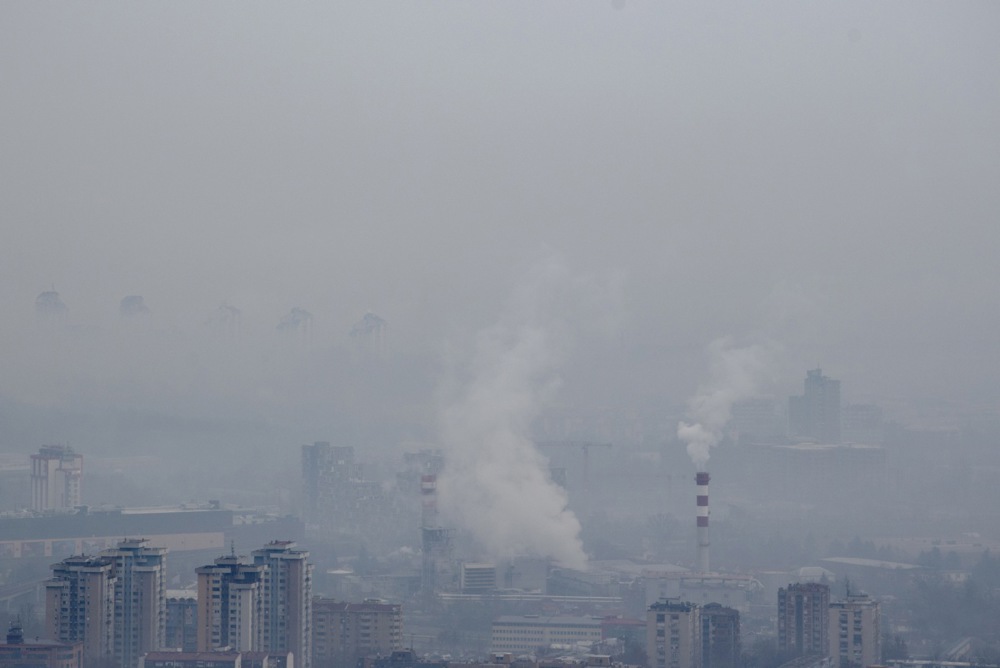The European Commission announced it would delay its anti-deforestation regulation for a second time.
Liberal and socialist MEPs say it is, among other things, a strategy to please US President Donald Trump and lobby groups.
“The Commission is leading us around in circles,” Renew MEP Yvan Verougstraete told Brussels Signal today.
“Not everyone is a fan of the content of the text, that’s no secret,” he said, speaking about the Liberals in the European Parliament, “but the real issue lies elsewhere: Everyone agrees that adopting a law and then postponing it twice sends a disastrous signal.”
Several other groups have voiced concern about the repeated postponement and the reasons behind it.
On October 14, Environment Commissioner Jessika Roswall said the EC planned to delay the entry into force of its anti-deforestation law, known as the EUDR.
Forests are home to more than half of the world’s species and absorb large amounts of carbon dioxide. Protecting them has long been one of the European Union’s main environmental goals.
Verougstraete recalled: “The European deforestation law, adopted in 2023, was meant to put an end to an absurd situation.”
Each year, products consumed in Europe such as chocolate, coffee, soy, palm oil, leather and beef continue to destroy forests across the world.
The new law requires companies to prove where their raw materials come from before they can sell them on the European market.
The EC, though, has recently encountered IT problems linked to this traceability system, leading some to wonder whether the regulation was too ambitious.
When Brussels Signal contacted the EC, a spokesperson said the EUDR was the first law of its kind and that the IT system was struggling under the pressure. A large number of companies uploading data, automated submissions and the flood of small imported products had all slowed it down.
Verougstraete dismissed these explanations. “No one denies that an IT system can run into difficulties,” he said, “but the Commission had two years to prepare it.”
He added that, if such a problem occurred with a law on security or migration, “a solution would be found within a week – but when it comes to the environment, they choose to back off”.
Asked whether the EU could use fewer IT tools or if the system could be fixed, the EC said it was still “assessing the situation”.
It admitted that, despite efforts, it could not guarantee the system could handle the expected demand and was therefore considering delaying the law’s application, currently scheduled for December 30, by one year to avoid confusion and technical problems for businesses and authorities.
This announcement immediately sparked reactions. Delara Burkhardt, the Socialist MEP who led the negotiations on the text, called the reason “a flimsy pretext”. She said that both the EC and businesses had already had more than enough time to get ready.
Green MEP Marie Toussaint accused the EC of giving in to lobbying pressure. She wrote that pretending to postpone a law because of IT issues was “an insult to all democrats” and that “[EC President] Ursula von der Leyen is sticking the middle finger to the planet”.
Verougstraete agreed that “this delay suits some people”.
“During the transatlantic agreement concluded this summer, the American administration, led by Donald Trump, made it clear that it disliked the new European rules on due diligence and deforestation,” he said, adding that this “IT problem comes at a very convenient time”.
Toussaint also pointed out that the announcement came on the same day the EU signed a free-trade deal with Indonesia that benefits palm oil producers. “After bowing to Donald Trump,” she asked, “is Ursula von der Leyen ready to sacrifice the European model to all foreign whims?”
According to the EC’s figures, a one-year delay would mean more than 300,000 hectares of forest destroyed – and around 120 million tonnes of CO₂ released into the atmosphere.
But not all groups in the European Parliament share the same sense of urgency. For many, the economy, competitiveness and relations with the US remain the priority.
The European Conservatives and Reformists Group (ECR) has long backed the European People’s Party’s (EPP) criticism of the law.
ECR MEP Anna Zalewska said Europe’s forest owners “are not responsible for global deforestation” and called for a category for products at “negligible or no risk”.
The EPP, the group of Commission President Ursula von der Leyen, has argued that the law’s flaws justify a delay.
“This clearly shows that the problems of the Deforestation Regulation run deep,” said EPP MEP Christine Schneider, one of the EP’s lead negotiators.
She added that a key step in revising the regulation would be the creation of a “zero-risk category”, so that regions and products that pose no deforestation risk can be treated in a simpler way and without extra paperwork.
“Only in this way,” she said, “can the law have a targeted effect without punishing those who already operate responsibly.”





